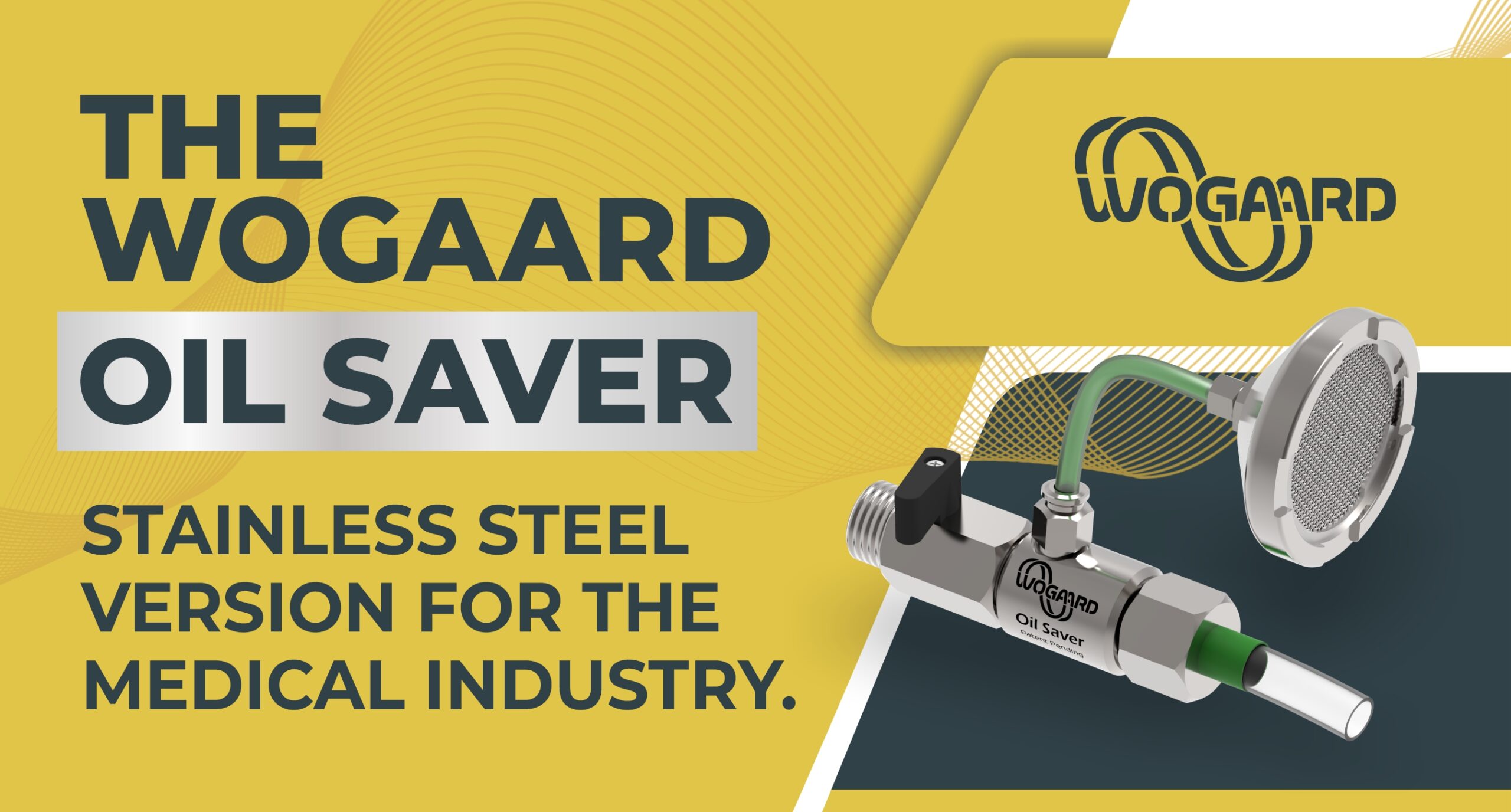The growing market for medical devices and equipment presents an incredible opportunity for manufacturers. With life expectancy on the rise, there is an increasing demand for medical device manufacturing to keep people healthy and mobile.
The Challenges of Medical Device Manufacturing:
Manufacturing medical devices is no easy task. It requires precision, customization, and adherence to strict regulations. Machine shops typically create products in three categories:
Permanent medical implants, such as joint replacements, spinal fusion plates, and bone screws
Semi-permanent devices, like surgical instruments.
Machine components for medical equipment, such as respirators, MRI machines, and defibrillators.
All three categories come with rigorous regulations regarding the material type, finish quality, and even the cutting fluid used. It is crucial for manufacturers to be cautious about the materials they use and the manufacturing processes to ensure the equipment’s quality before it comes into contact with patients.
Maintain Cleanliness
Clean rooms play a crucial role in machining shopfloors within the medical industry. These specialized environments are specifically designed to minimize contamination by removing dust and airborne organisms.
Cleanliness is not merely a matter of appearance; it is a regulatory requirement. Medical devices must adhere to strict cleanliness standards to ensure the safety of patients.
In the realm of medical device manufacturing, clean rooms are utilized to create products in a sterile and controlled environment. They ensure stability, reliability, and control throughout the manufacturing process, ultimately guaranteeing the quality and safety of the medical devices produced.
Stainless steel and Medical Industry’s clean rooms
Stainless steel is a popular choice for cleanroom equipment due to its durability, strength, and excellent chemical resistance. Stainless steel equipment is often used in cleanroom environments because it can meet the stringent hygiene requirements.
The non-porous nature of stainless steel makes it a hygienic choice for the medical industry. It’s easy to clean and disinfect, helping to prevent the growth and spread of bacteria and other pathogens. And because of its high resistance to corrosion, it makes it the right material for the Medical industry, where components and instruments come into contact with bodily fluids, cleaning agents, and sterilization processes practiced in these environments.
Cutting Fluids in Medical applications.
Cutting fluids plays a crucial role in the medical industry, particularly in the machining of medical components. However, their usage is subject to various regulations and standards to ensure the safety of the end product and the workers involved in the manufacturing process.
Proper preventive maintenance and recycling are vital for any coolant. However, it is especially important to ensure a clean application in medical machining.
Concentration control, keeping coolant levels full on machine tools, and removing tramp oil and other contaminants from coolant are all necessary aspects of regular maintenance.
Recycling coolant is another method to extend the lifespan of cutting fluids while ensuring the cleanliness required for medical machining. Starting with the best coolant possible and keeping it at peak performance by implementing recycling equipment leads to an easier parts cleaning process and results in the best tool life and finishes on machined parts while reducing fluid disposal.
Recycling not only cleans the coolant but also reduces coolant usage and a manufacturer’s waste stream. Moreover, it contributes to lowering environmental impacts and carbon footprints.
Stainless Steel Oil Saver
At Wogaard, we dedicate our entire operation to reducing waste and supporting companies to become more efficient and sustainable by recycling the residual coolant that accumulates at the bottom of the swarf bins.
With this new version of the Oil Saver manufactured in Stainless Steel, we made sure we could meet the tough environment and strict standards that medical applications require.
These are some of the main benefits of the brand-new Stainless-Steel Oil Saver:
– Manufactured from medical-approved Stainless Steel
– High cost savings in new, neat oil.
– High cost savings in disposal costs of residual neat oil.
– Reduce the mess around when emptying swarf into spinners.
– Ensure machines do not alarm out overnight due to low oil levels saving valuable machine hours.
– Reduction of manpower hours through less handling
– Clean areas around machines and in disposal or spinning areas.
– 100% positive environmental impact and promotes sustainable manufacturing practices.
In numerous medical machining applications, the utilization of spinners to drain neat oil from swarf may have limitations due to the restriction of combining cutting fluids from different machines. The Oil Saver, however, is designed to constantly reclaim neat oil specifically from the machine it is installed on. Consequently, spinners can be utilized afterwards to complete the draining of residual neat oil from the swarf for recycling, while the oil is disposed of accordingly.
For more information about the Wogaard Oil Saver in Stainless Steel for Medical applications, get in touch with us through our contact page on www.wogaard.com



